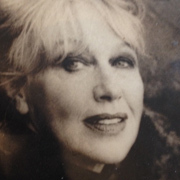
Bridget Armstrong
Dunedin-born Bridget Armstrong has found success in a range of British and Kiwi stage and screen roles. At 18 she joined the touring NZ Players, where she recreated characters as diverse as Anne Frank and Elizabeth I. Later in London, Armstrong showed her comedic talents and played Katherine Mansfield for the BBC. Back in New Zealand she acted on TV's Gather Your Dreams and Roger Hall film Middle Age Spread.
In England I achieved most of my goals. The West End, television — the major movie. Bridget Armstrong, in a 1979 interview with magazine Art New Zealand

Wild Blue
2000, As: Philly Douglas - Film
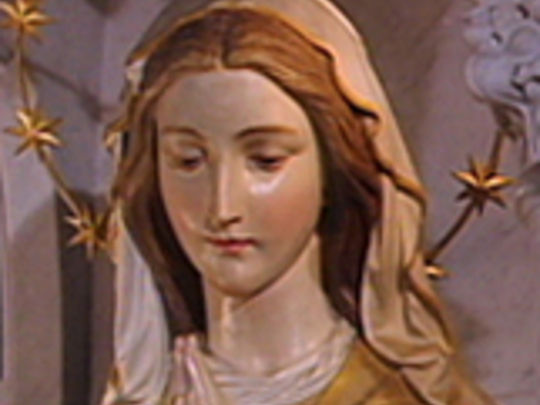
Once a Convent Girl
1995, Subject - Television
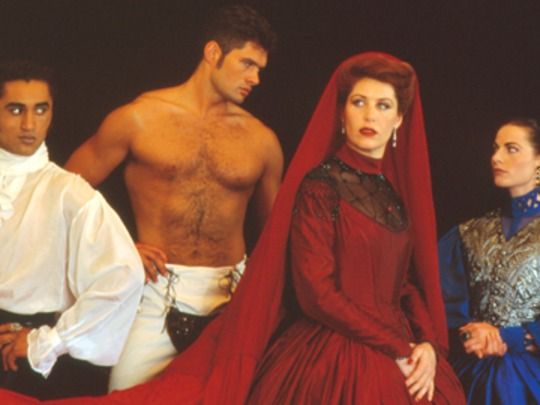
Desperate Remedies
1993, As: Mary Anne - Film
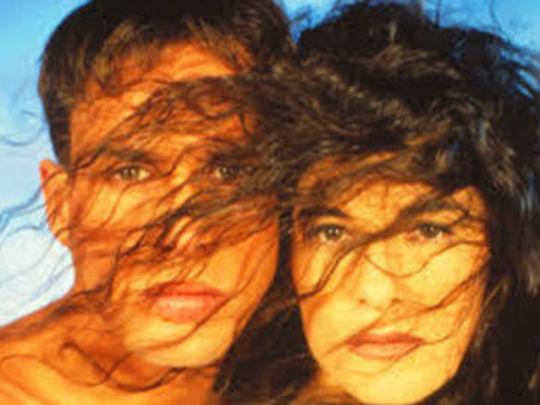
Jack Be Nimble
1993, As: Typing Teacher - Film

Joyful and Triumphant
1993, As: Alice Warner - Television
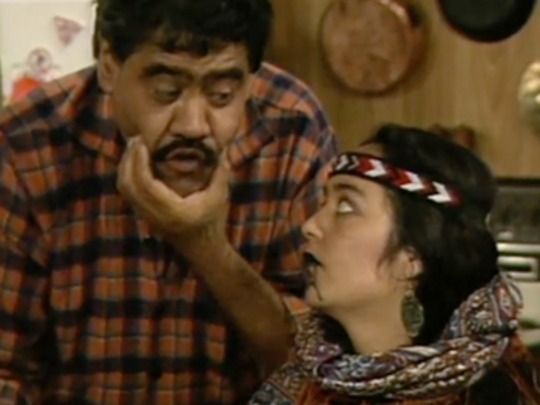
The Billy T James Show (sitcom) - excerpts
1990, As: Hermione - Television
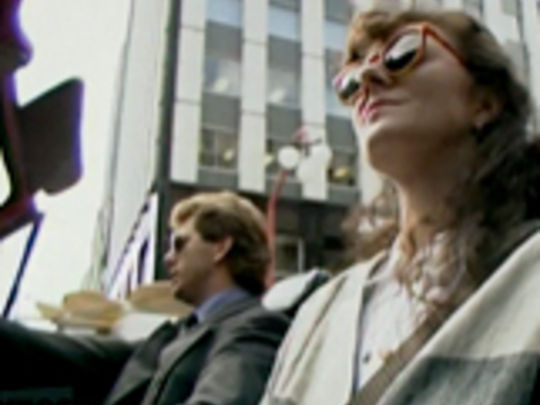
The Shadow Trader (Part Two)
1989, As: Lesley Van Krooze - Television
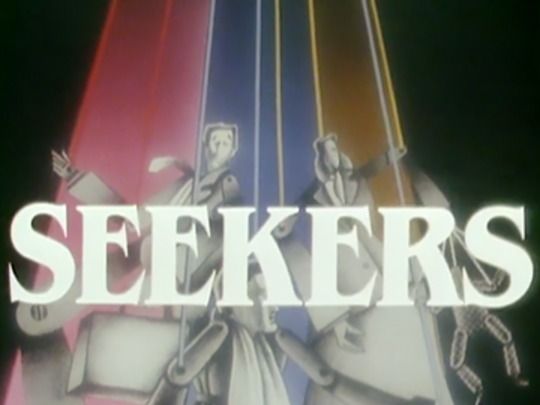
Seekers
1986, As: Maggie Settler - Television
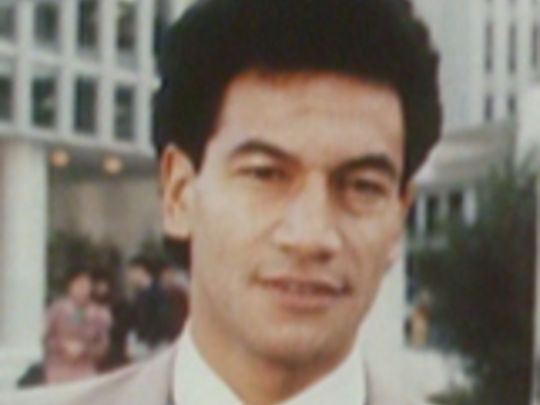
Seekers - I Hope You Know What You're Doing (First Episode)
1986, As: Maggie Settler - Television
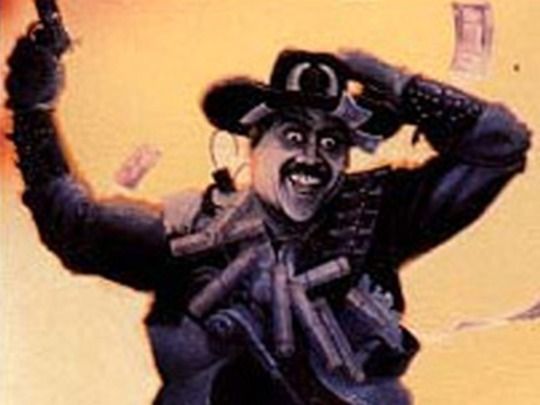
Came a Hot Friday
1985, As: Aunt Agg - Film
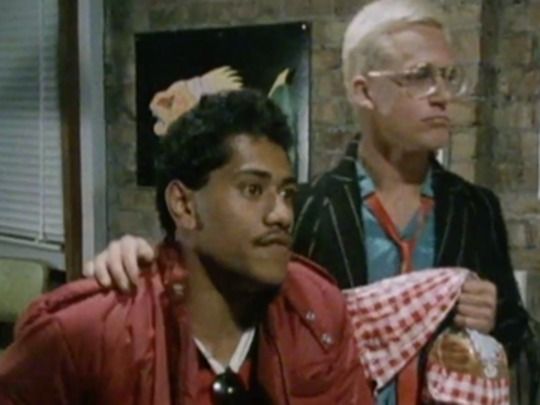
Heroes - First Episode
1984, As: Head waitress - Television

An Age Apart - First Episode
1983, As: Alice Hastings - Television

An Age Apart
1983, As: Alice Hastings - Television
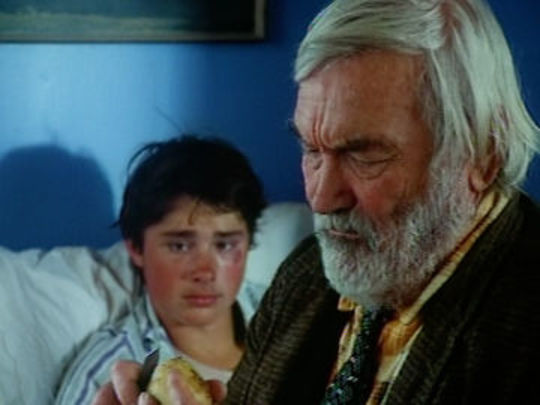
Among the Cinders
1983, As: Helga Flinders (Nick's mother) - Film
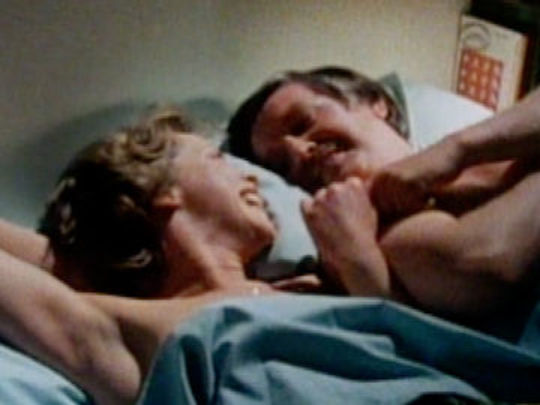
Middle Age Spread
1979, As: Isobel - Film
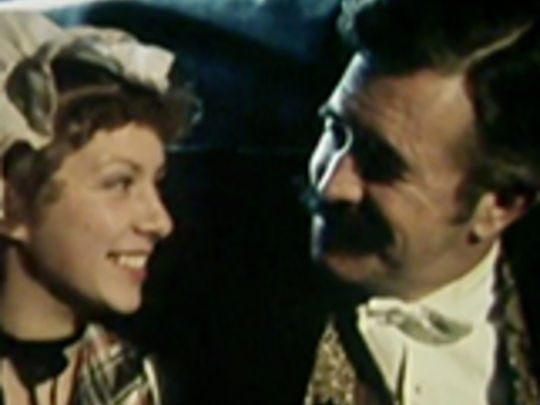
Gather Your Dreams - Episode Three
1978, As: Ida - Television